The Senate on Thursday passed the tax reform bills for the second reading following a heated debate among the lawmakers.
Persecondnews recalls that the bill was forwarded to the Senate by President Bola Tinubu in October 2024.
The bill was referred to the Committee on Finance, which is expected to report back to the Senate within six weeks.
Prior to the debate, lawmakers convened a closed-door session that lasted approximately an hour.
Following their closed-door meeting, Senate Leader Opeyemi Bamidele (APC, Ekiti Central) spearheaded the debate on the tax reform bills.
Persecondnews reported that the president’s economic team, including Mr. Taiwo Oyedele, Mr. Zacchaeus Adedeji, and Mr. Tanimu Yakubu, attended yesterday’s plenary to provide lawmakers with a detailed explanation of the bills.
The four tax bills sent to the National Assembly include the Nigeria Tax Bill 2024, which is expected to provide the fiscal framework for taxation in the country, and the Tax Administration Bill, which will provide a legal framework for all taxes in the country and reduce disputes.
Others are the Nigeria Revenue Service Establishment Bill, which will repeal the Federal Inland Revenue Service Act and establish the Nigeria Revenue Service, and the Joint Revenue Board Establishment Bill, which will create a tax tribunal and a tax ombudsman.
Bamidele said: “The Nigerian tax reforms bill is a significant move to overhaul the country’s tax system. These bills aim to simplify the tax landscape, reduce the burden on small businesses, and streamline how taxes are collected.
“In broad terms, the four bills seek to ensure uniformity in tax revenue administration in Nigeria in accordance with the provisions of the Constitution, eliminate the incidence of double taxation across the country, deploy taxation as a tool to encourage private sector investments in critical industries, and boost individual disposal incomes through targeted tax exemptions as captured in the various bills.
“In the area of tax exemptions, there is a proposal to exempt those whose salaries are not more than the minimum wage from P.A.YE deductions while small businesses with an annual turnover of N50,000,000 or less are equally exempted from payment of taxes.
“Similarly, there is a proposed huge reduction in company income tax from the current 30% to 25% by 2026, as part of a deliberate attempt to curtail the incidence of double taxation and multiplicity of taxes and levies.”
The tax reform bills received backing from lawmakers including Sen. Sani Musa, Sen. Seriake Dickson, and Sen. Tahir Mongunu, while Sen. Ali Ndume opposed the motion, calling for the bill to be stepped down for further consultation.
Ndume said: “Generally, the bill is good, but I have issues with the timing and, most importantly, issues surrounding derivation and VAT.”
When Senate President Godswill Akpabio called for a voice vote on the tax reform bills, the majority of lawmakers overwhelmingly supported the motion, shouting “Aye” in unison.
Akpabio then hit the gavel in support of the “Ayes.”









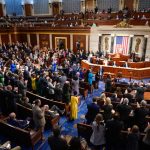


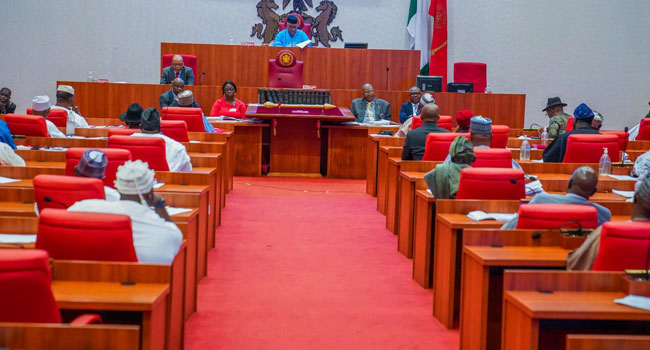







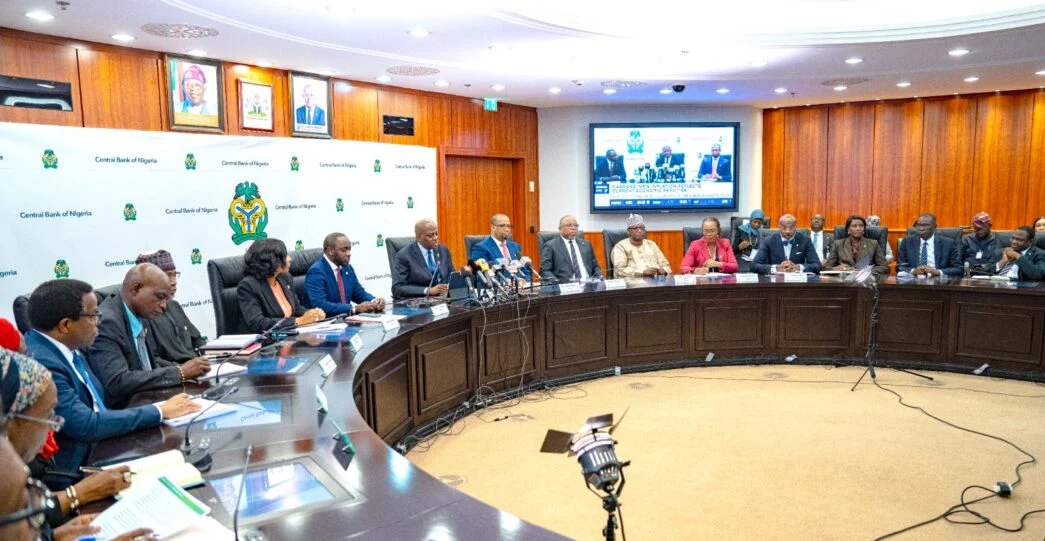
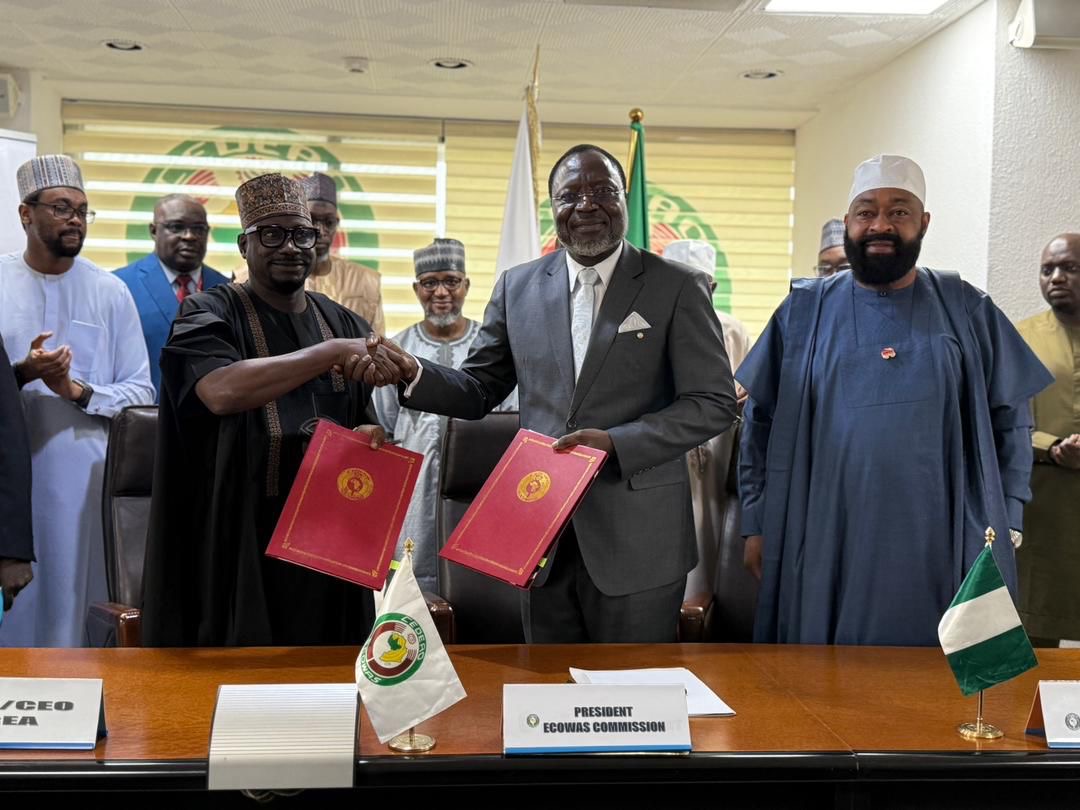
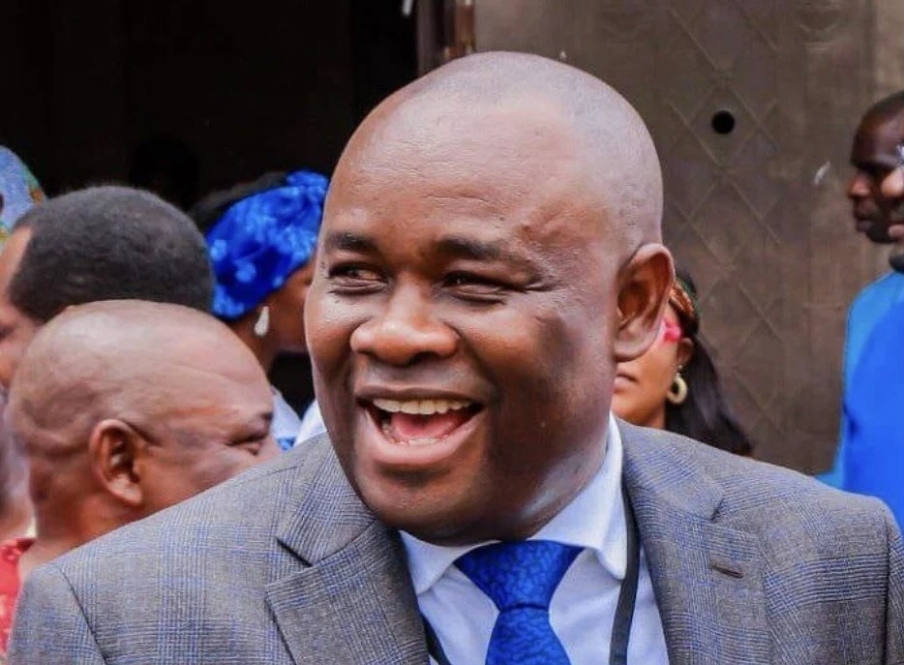
Leave a comment